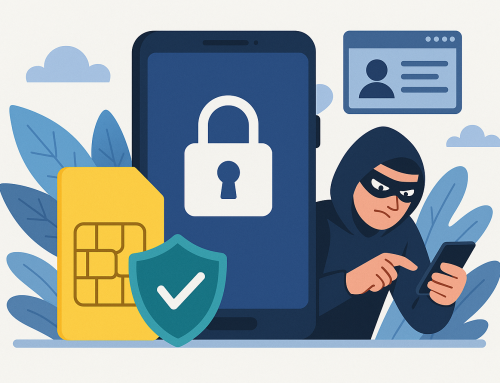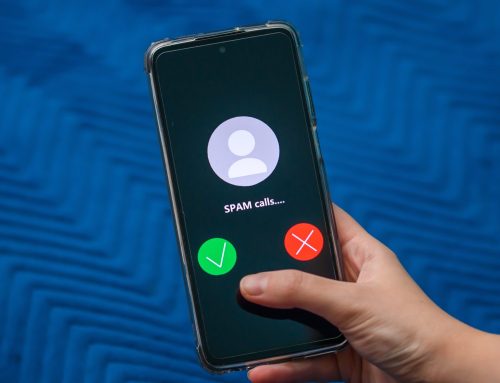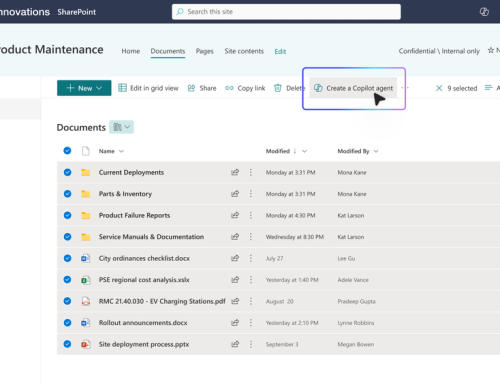With cyber crimes on the increase and the vulnerability of data at an all-time high, knowing how to send data securely is imperative in keeping your business safe. So, is email still a safe way to exchange data?
When you send an email, the message leaves your provider’s server; you have no idea how many servers the message will pass through between the moment you send it and the moment the recipient actually opens it. You also have no idea who has access to those servers. This vulnerability is the main reason why sensitive data is so easily intercepted when sent via email.
How can you send data securely?
Encryption – Sending an encrypted email is one way of ensuring your data is sent securely, however if the recipient’s end is not encrypted, data is still susceptible. Creating a one-use password is one way to get around this, although the password itself should be transmitted via an alternative method, ideally over the phone.
Data Exchange Portal – The best way to send sensitive information is via a data exchange portal or a file sharing service. These are usually inexpensive and can easily be tailored to your budget, for example if you require additional space or bandwidth, this may come at an additional cost.
Post – Although it is the 21st Century and many people have forgotten the Post Man actually exists, you can send documents via a reputable courier with a named recipient and a signature requirement for extra assurance.
How do you send sensitive data via email?
Businesses rely heavily on the ability to send information quickly to anyone in the World, but bear in mind the following before doing so:
Shared systems with email, such as Outlook can result in users seeing things like your personal appointments as well as the work ones. People will also know when you are away from your desk or the office, which could potentially leave you open to being hacked.
Checking sensitive emails on phones or laptops while away from a secure environment is not recommended, especially in cafes and restaurants where there is public WiFi.
It is important to remember not to include confidential information in the subject line itself. If you do need to send information which is considered sensitive, such as passwords, via email never write the word ‘Password’ in the subject field.
We can help you to identify and control the risks to your company through threats to your IT, as well as recommend ways in which you can protect your business through our cyber security workshops.








